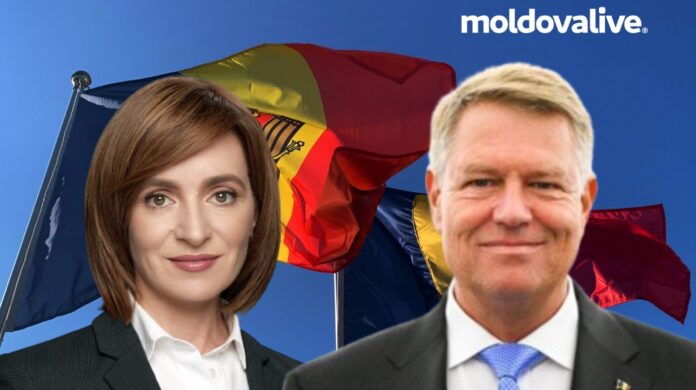The Declaration on bilateral cooperation between the Republic of Moldova and Romania on strengthening our country’s resilience provides an official framework within which the authorities in Chisinau can turn to Bucharest for help in case of problems, political analyst Nicolae Negru explained.
“The Declaration of support on resilience would mean that in vulnerable moments, where there is a problem, but there are many, the Republic of Moldova can turn to Romania and get this help. This help can be not only material, let’s say electricity, gas, etc. But it can also be informational, help in countering propaganda, manipulation of citizens, destabilization of the situation in the Republic of Moldova, because we see such actions”, the political analyst explained.
Nicolae Negru thinks that although the Republic of Moldova has gained some experience in countering hybrid threats, on its own, our country will not be able to cope with the Russian attack.
FOR THE MOST IMPORTANT NEWS, FOLLOW US ON TWITTER!
“We are gaining experience in countering this hybrid war, but we lack the full capability to withstand Russia’s multifaceted attack. This aggression manifests externally and through internal agents, certain population groups, and political forces representing Russia’s interests here in the Republic of Moldova,” Nicolae Negru said.
According to the expert, resilience is a form of the country’s resistance to multiple challenges. “This is what resilience means – the state of the Republic of Moldova to stand on its own feet and not to falter when some people try to knock it down to the ground,” the expert explained.
The visit of Romanian President Klaus Iohannis to the Republic of Moldova, together with the previous visits of European leaders – German Federal Chancellor Olaf Scholz and the Presidents of the Baltic States, is a signal of support from the European Union (EU).
“European leaders, including the presidents of these states, are visiting as part of a broader EU effort to support the Republic of Moldova’s European integration. With Moldova at a critical juncture—presidential elections and a referendum approaching—these leaders, like Klaus Iohannis, aim to show solidarity and encourage Moldovan citizens to back the European course and participate in the referendum. This likely reflects Brussels’ view of Moldova’s importance at this moment,” said political analyst Nicolae Negru.
Romanian President Klaus Iohannis visited the Republic of Moldova on Saturday, August 31. The Romanian head of state and President Maia Sandu signed a Joint Declaration in Chisinau on bilateral cooperation to strengthen the resilience of the Republic of Moldova.
Klaus Iohannis reconfirmed Romania’s “unwavering” support for the Republic of Moldova, emphasizing that the most relevant achievement in cooperation between the two countries is the European path of the Republic of Moldova.


